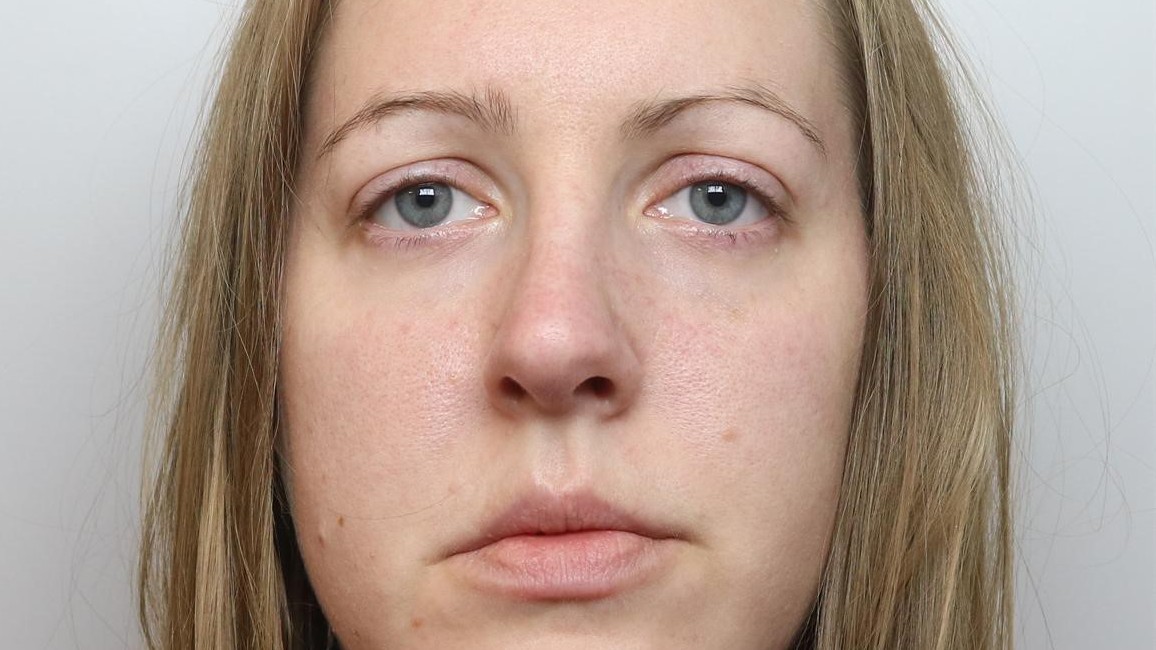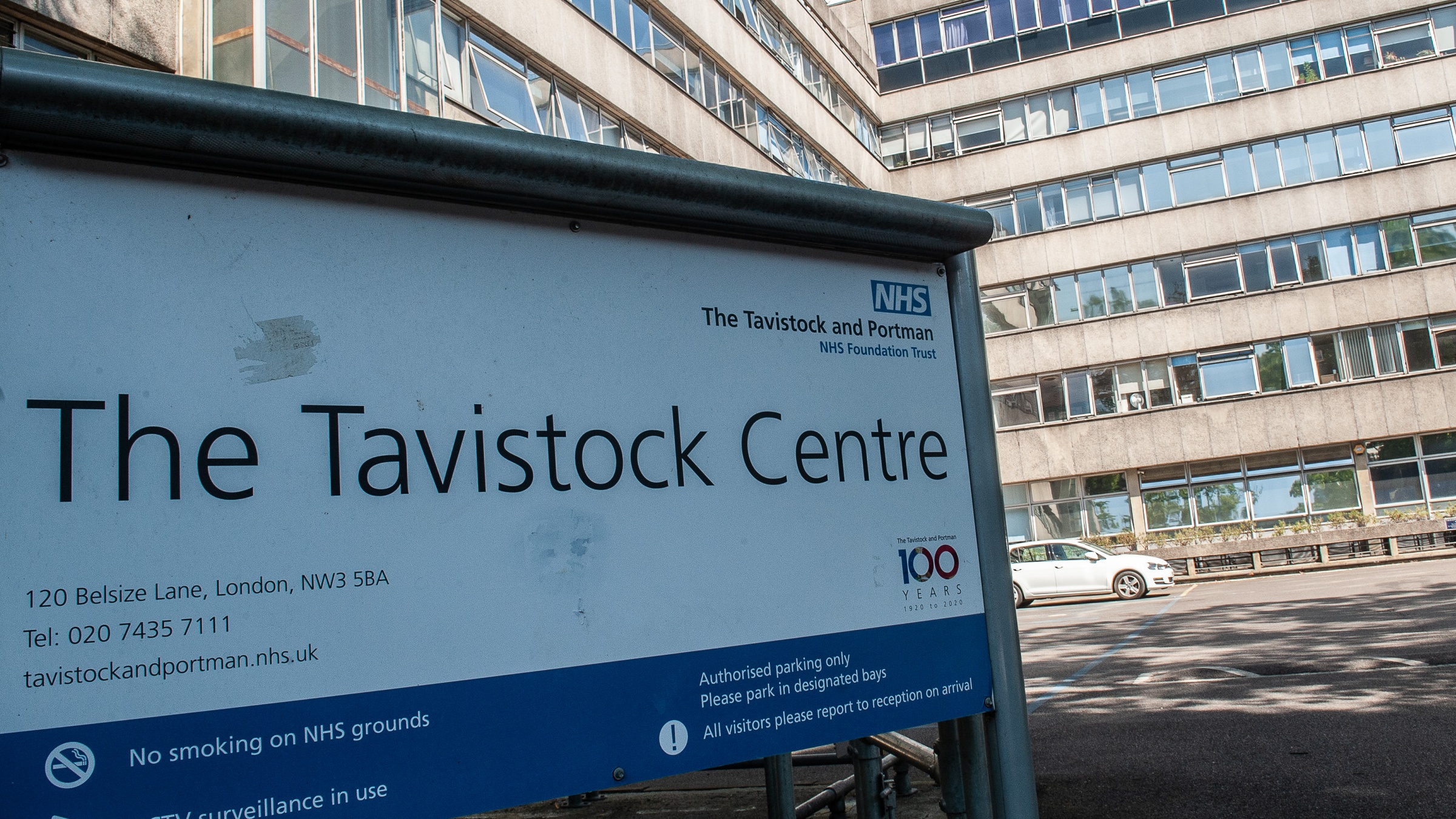Lucy Letby and the importance of understanding statistics in the NHS
Data could help NHS trusts 'act more quickly in similar cases' but there are 'pitfalls to avoid'

A free daily email with the biggest news stories of the day – and the best features from TheWeek.com
You are now subscribed
Your newsletter sign-up was successful
A better understanding of statistics could help the NHS act more quickly to prevent a repeat of the Lucy Letby case, experts from the Royal Statistical Society have argued.
The neonatal nurse was sentenced to whole life imprisonment after being found guilty of murdering seven babies and attempting to kill six more at the Countess of Chester hospital between 2015 and 2016.
Following a public outcry centred around perceived failures within senior hospital management that allowed to Letby to carry on killing for so long, the government has announced a public inquiry to unpick the circumstances around her crimes and provide answers for the victims' families.
The Week
Escape your echo chamber. Get the facts behind the news, plus analysis from multiple perspectives.

Sign up for The Week's Free Newsletters
From our morning news briefing to a weekly Good News Newsletter, get the best of The Week delivered directly to your inbox.
From our morning news briefing to a weekly Good News Newsletter, get the best of The Week delivered directly to your inbox.
How could stats help in future cases?
In a letter to Lady Justice Thirwall, who is leading the public inquiry, Dr Andrew Garrett, president of the Royal Statistical Society (RSS), and its chief executive Sarah Cumbers, pointed to the importance of statistical evidence during the trial.
Chief among these was the duty roster spreadsheet showing staff shifts, through which the Crown Prosecution Service (CPS) was "able to show the jury that Letby was the one common denominator in the series of deaths and sudden collapses on the neonatal unit".
Although a 2022 RSS report entitled "Healthcare serial killer or coincidence?", setting out statistical issues in the investigation of suspected medical misconduct, was sent to both the defence and prosecution before the Letby trial, the letter suggests the judicial system could benefit from more guidance on the matter.
"Statistical evidence could prove helpful in providing evidence to NHS trusts of possible criminal activity," said the RSS in a press statement, and therefore it is "crucial that it is used appropriately". By doing so, "it is hoped that lessons from such cases in the past will be learnt".
A free daily email with the biggest news stories of the day – and the best features from TheWeek.com
To that end, the RSS has called for the inquiry to cover the use of statistical as well as medical evidence.
Does statistical evidence always add up?
While a better understanding of statistics and data "could help NHS trusts act more quickly in similar cases" said The Guardian, "there are potential pitfalls to avoid".
The RSS letter warned it is "far from straightforward to draw conclusions from suspicious clusters of deaths in a hospital setting – it is a statistical challenge to distinguish event clusters that arise from criminal acts from those that arise coincidentally from other factors, even if the data in question was collected with rigour".
Some have gone further, suggesting the way statistical data was presented in the Letby case was fundamentally flawed.
Statistician Richard Gill, who co-authored the RSS report, is one of those "backing a controversial claim that there are holes in Letby's case and it should be retried", The Daily Telegraph reported.
Speaking to the paper from his home in Holland, the emeritus professor of statistics at Leiden University said Letby's trial "would never have taken place if anybody had talked to a statistician”.
Referencing the duty roster spreadsheet that was central to the prosecution's case, Gill described the use of data as "very selective". "[It] only looked at events that happened when Lucy Letby was on duty,” he argued, adding that without a broader picture, it is mathematically impossible to draw a conclusion from the data.
Are there previous examples?
While any chance the Letby case could be retried on the basis of statistical misrepresentation may seem far fetched it is not without precedent.
In 2003 Dutch paediatric nurse Lucia de Berk was found guilty of four murders and three attempted murders and sentenced to life in prison. The case against her was based in large part on records that showed she had been present at a suspiciously high number of deaths and resuscitations. A total of 20 suspicious incidents occurred while she was on shift spread across four hospitals, with police claiming the probability of such a pattern happening by chance was one in 7 billion.
It was not until 2006, when Gill along with fellow statisticians and whistleblowers began examining the data, did it emerge that "tunnel vision, bad statistics, and poor human intuitions about coincidence had marred the investigation", Science reported in January.
De Berk was exonerated in 2010 and her case is "now considered one of the worst miscarriages of justice in the Netherlands", said the magazine.
There is no suggestion Letby's case carries such parallels and the CPS detailed other "key evidence in the prosecution case", such as "falsified" medical records, text messages and social media activity, and her handwritten notes and diaries.
-
 Who is Starmer without McSweeney?
Who is Starmer without McSweeney?Today’s Big Question Now he has lost his ‘punch bag’ for Labour’s recent failings, the prime minister is in ‘full-blown survival mode’
-
 Hotel Sacher Wien: Vienna’s grandest hotel is fit for royalty
Hotel Sacher Wien: Vienna’s grandest hotel is fit for royaltyThe Week Recommends The five-star birthplace of the famous Sachertorte chocolate cake is celebrating its 150th anniversary
-
 Where to begin with Portuguese wines
Where to begin with Portuguese winesThe Week Recommends Indulge in some delicious blends to celebrate the end of Dry January
